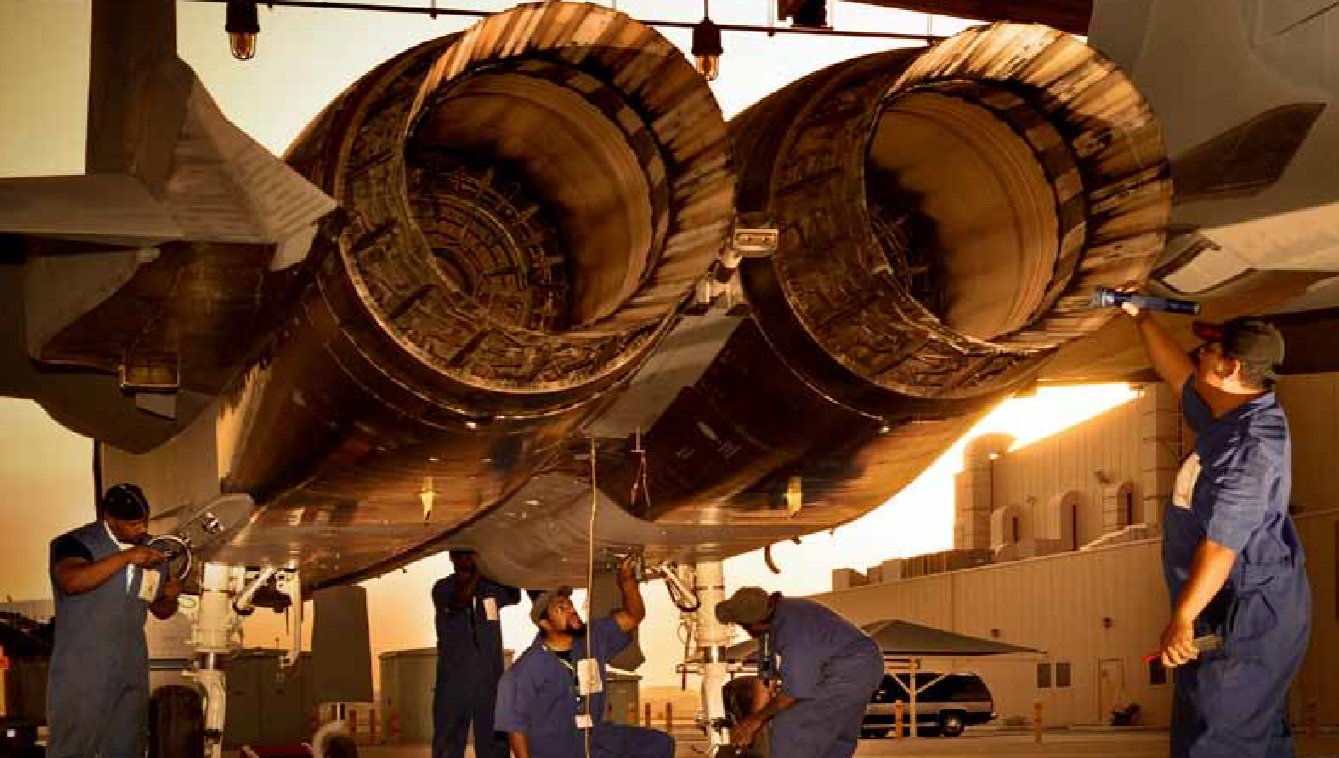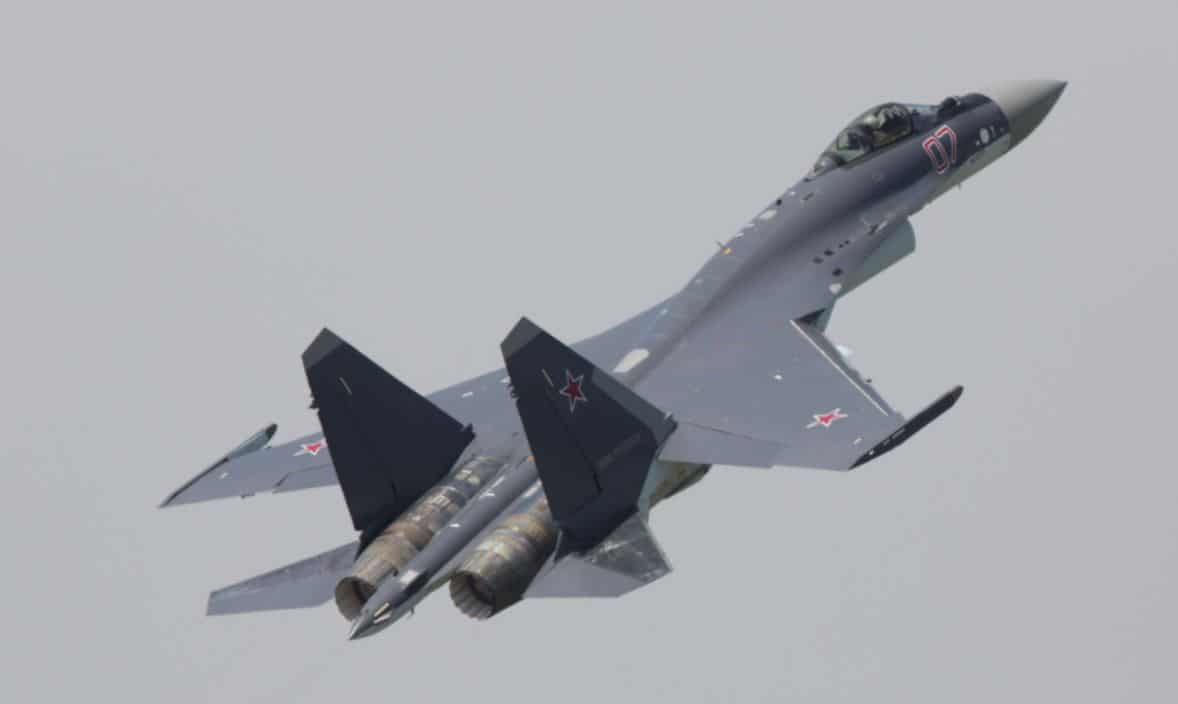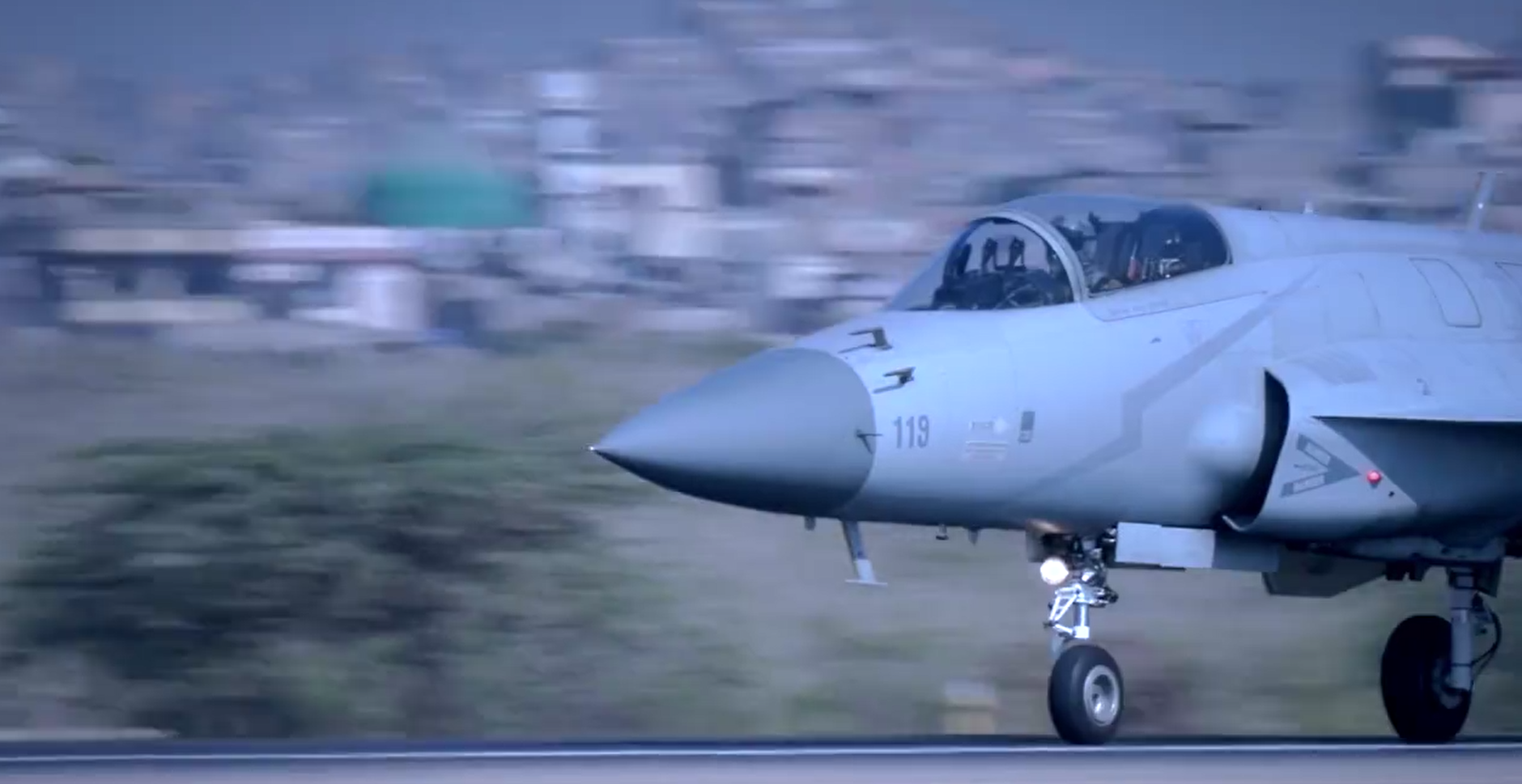33Views 15Comments

Saudi Arabia establishes new state-owned defence company
Saudi Arabia’s Public Investment Fund (PIF) established a new state-owned defence company – Saudi Arabian Military Industries (SAMI) – in a bid to continue growing its nascent defence industry and diversify its oil-dependent economy.
SAMI is a wholly state-owned company aiming to be among the 25 largest defence vendors in the world.
Under its Vision 2030 plan, Riyadh is aiming to source 50% of its defence supplies domestically. By 2030, SAMI hopes to directly create more than 40,000 jobs as well as contribute $3.7 billion U.S. to Saudi Arabia’s GDP and provide $1.6 billion to research and development initiatives.
Riyadh hopes that SAMI will also spur the creation of hundreds of small and medium-sized businesses and 30,000 indirect job opportunities.
SAMI aims to manufacture defence systems and offer maintenance, repair and overhaul (MRO) services.
To achieve these goals, SAMI will be organized into four divisions: Air Systems, which will manufacture drones and provide MRO services for fixed-wing aircraft. Land Systems, which will manufacture and repair vehicles. Weapons and Missiles, which will manufacture munitions. Finally, Defence Electronics, which will be responsible for radars, sensors, communications systems and electronic warfare systems.
Saudi Arabia’s efforts to build a domestic defence industry predate SAMI. It began with initiatives such as the Alsalam Aircraft Company, which was established in 1988 to provide MRO services for Saudi Arabia’s F-15s (it has grown to also support the Typhoon).
In recent years, Taqnia rose to partner with the likes of Antonov and Aselsan to collaborate and co-produce systems tailored for the Saudi military. The An-132D and SADEC are examples of this effort.
The King Abdulaziz City for Science and Technology (KACST) signed a deal with China Aerospace Science Technology (CASC) to manufacture unmanned aerial vehicles (UAV). KACST recently unveiled the Saqr 1 armed UAV. Like Taqnia and KACST, SAMI will also initiative joint ventures with foreign defence vendors.
Notes & Comments:
As with Taqnia and KACST, foreign defence vendors have the opportunity to penetrate the Saudi market through offsets and partnerships. Today, American, British, Turkish, Chinese and Ukrainian companies have familiarity with this specific aspect of the Saudi defence market – they will aim to expand upon these efforts using Alsalam, Taqnia, KACST and SAMI. For example, in February 2016 Taqnia and Lockheed Martin’s Sikorsky signed an agreement to explore helicopter production opportunities in Saudi Arabia.


